I am quite new to WPF and rather new to C# and now have inherited a C#/WPF App with over 60k lines of code (no MVVM was used, the design pattern is rather improvised). Now, I have to change a rather small thing in the UI, but this control is quite crucial and therefore heavily woven into the whole solution. I know the "Live Visual Tree" Function in Visual Studio and also I know the Live Property Explorer. However, I would like to have something like a "Live EVENT Explorer" to see what methods are registered to an event of this control. I would like to have something like:
a) A possibility to see, what methods are currently subscribed to a certain event (for example the SelectionChanged event of a ListView). With "currently" I mean, that the subscribed methods are changing quite a lot depending on what radio buttons and check boxes are selected, etc. So I would like to make all the selections I need and then inspect the control and see what methods are subscribed to one of its events.
b) A possibility to stop right in the first method that is being triggered by this event if I for example change the selection in my control. So that I can step through all the following code?
Does anyone of you have an idea if either one of this is possible with a built-in function in Visual Studio and also how to do it? Or is there maybe another tool out there how to achieve something like this?

